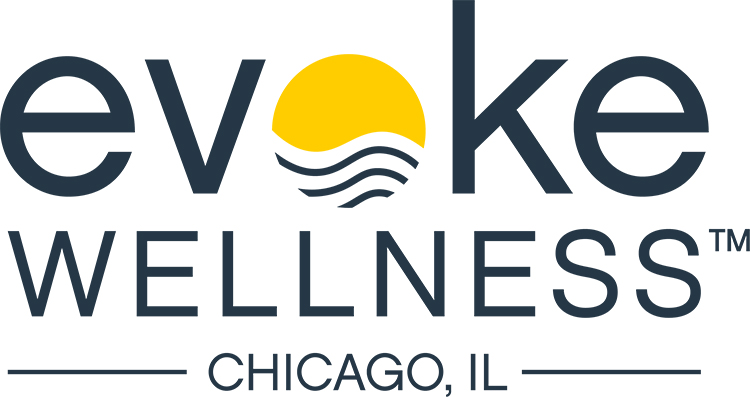Substance use disorders (SUDs) affect thousands of individuals and families each year in the United States. Individuals with addiction find it difficult to control their use of drugs or alcohol, which can result in negative effects on their mental and physical health as well as their overall quality of life.
Evoke Wellness at Chicago offers a beacon of hope for those exhibiting signs of substance use disorders. With a team of dedicated professionals, Evoke Wellness at Chicago provides comprehensive, evidence-based substance abuse treatment in Chicago, Illinois. To find a program that suits your recovery needs and goals, please reach out to us at 888.621.0969, and we will be happy to assist you.
Signs of a Substance Use Disorder
Recognizing the signs of a substance use disorder can be the crucial first step toward seeking help and beginning the path to recovery. Such symptoms vary widely among individuals and depend on the type of substance used, but common indicators often include:
- Persistent desire or unsuccessful attempts to cut down or control substance use
- Spending a great deal of time obtaining, using, or recovering from the substance
- Craving or a strong desire to use the substance
- Continued substance use despite having persistent or recurrent social or interpersonal problems caused or exacerbated by the effects of the substance
- Recurrent substance use results in a failure to fulfill significant role obligations at work, school, or home.
It’s important to remember that noticing these signs in oneself or a loved one is not a cause for shame but a call to action toward healing and recovery.
What Is the Difference Between Dependence vs. Addiction?
The difference between dependence and addiction is often misunderstood. While they are closely related, there are distinct differences between the two.
Dependence
Physical dependence on a substance is characterized by the presence of withdrawal symptoms when the substance is abruptly discontinued or reduced. This occurs because the body has adapted to regular use of the substance and may respond with symptoms such as restlessness, insomnia, and anxiety when the substance use is decreased or stopped.
Addiction
Addiction, on the other hand, is a condition that affects the brain’s reward, motivation, and memory systems. People with addiction exhibit compulsive substance use despite harmful consequences. They may also have an intense focus on using certain substances.
It is crucial to distinguish between dependence and addiction, as they are frequently intertwined but not synonymous. Dependence on a substance can exist without addiction. However, addiction typically encompasses both psychological and physical dependence on the substance.
Treatment Options for Substance Use Disorders
SUDs are complex, but they are also treatable. A multifaceted approach involving a combination of various treatment modalities tailored to the individual’s unique needs is often the most effective.
Here are some widely employed treatment options for substance use disorders:
- Behavioral Counseling – This can be individual, family, or group therapy that helps the patient identify the root causes of their substance use, repair relationships, and learn healthier coping strategies.
- Medication-assisted treatment (MAT) – Certain medications can be used alongside counseling and behavioral therapies to help manage withdrawal symptoms, reduce cravings, and restore brain function.
- Partial hospitalization programs (PHPs) – These programs provide intensive treatment and support for patients who do not require round-the-clock supervision.
- Outpatient programs (OPs) – These can vary in intensity and structure, but they typically involve regularly scheduled therapy sessions that allow patients to continue their daily responsibilities while receiving treatment.
- Recovery support services – These include community or peer-based networks that provide emotional encouragement, practical help, and personal accountability during recovery.
Remember, the goal of any treatment program should be holistic wellness, helping individuals thrive not just in the absence of substances but across every aspect of their lives.
Reach Out to Evoke Wellness at Chicago to Begin Healing with a Substance Use Treatment Program
If you or a loved one are showing signs of a substance use disorder, remember that help is readily available. Evoke Wellness at Chicago invites you to take the first step toward recovery and start a transformative journey to wellness. With our team of dedicated professionals and evidence-based treatment programs, we’re committed to helping you regain control of your life.
We understand that the path to recovery is personal and unique to each individual, and that’s why our approach is tailored to your specific needs. Don’t let addiction dictate your life. Call us today at 888.621.0969 or contact us online to learn more about your path to a substance-free life.


